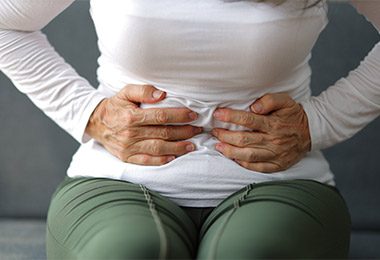This content is for informational and educational purposes only. Always consult a qualified healthcare provider.
Last Updated on September 11, 2024 by Pen Pixel
Diarrhea is no joke. If you know, you know. Stay hydrated with water to replace lost fluids. Diarrhea means loose or watery stools. Changing your diet temporarily by avoiding some foods and eating others can help. Simple as that.
📋 Table of Contents
What To Eat?
Salty Foods.
Salty snacks like Pringle chips pretzels are low in fiber but full of salt which you lose with diarrhea. Eat salty foods. Simple and effective.
BRAT Diet.
Bananas, Rice, Applesauce, Toast. Why?
- Bananas firm up loose stools and replace lost potassium.
- White rice is gentle on your stomach and won’t overwork your bowels.
- Unsweetened applesauce full of pectin to bulk up your stools, and gives you energy.
- White bread is low in fiber, so toasting it makes it easy to digest, and soothing.
Bland Foods.
Dry cereal like cornflakes, oatmeal, pasta, pancakes, waffles, cornbread, baked or boiled potatoes, cooked veggies like carrots, beans, mushrooms, green beans, salty snacks like pretzels and crackers, low-fat yogurt, baked chicken (skinless) and desserts like jelly, ice pops, sherbet can help you.
Keep it simple, but keep it effective. These bland but helpful foods work too.
Foods To Avoid.
Stay away from;
- Fried and greasy foods – french fries and bacon.
- Gas-promoting veggies – broccoli and cabbage.
- High-fat dairy – whole milk and ice cream.
- High-fiber foods – beans, dried fruit, and whole grains.
The Only Liquid You Need Is Water.
When diarrhea hits, you lose fluids fast. So, drink more water! Aim for an average cup of water after each episode. Other good options? Electrolyte drinks, veggies, fruit juices (apple, cranberry, grape), decaf tea, and coconut water. Here’s how to drink more water.
What Liquids Should You Avoid?
- Alcohol.
- Carbonated/Caffeinated drinks – coffee, tea, soda.
- Sugary sports drinks.
When To See A Doctor?
Diarrhea comes in different types and has different causes like infections, hidden diseases, new medications, and treatments like chemotherapy. Changing your diet can help, but it’s not going to work for everyone or work every time. See a doctor if;
- It comes with a persistent fever, nausea, or vomiting.
- Has an unusual smell or color.
- Is bloody or has mucus.
- Lasts more than two days.
- More than 10 loose stools in 24 hours).
- Severe stomach and/or rectal pain
- Signs of dehydration: dry mouth, dry skin, excessive thirst, reduced urination, dark urine, weakness, dizziness.

